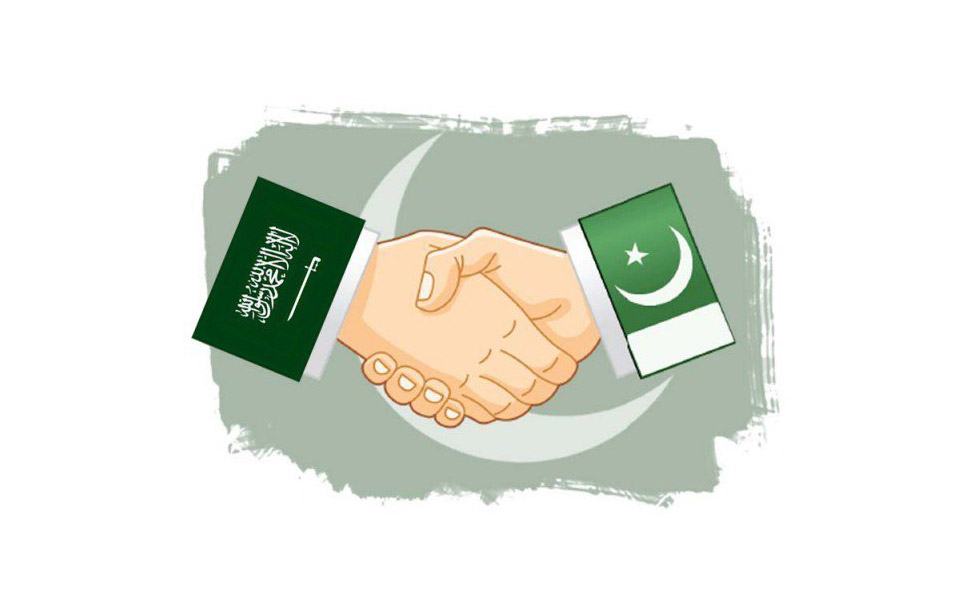June 11, 2021 (MLN): Federal Minister for Finance and Revenue, Mr. Shaukat Fayaz Tarin has presented the budget for the financial year 2021-22 in the federal cabinet session, under the presidency of Prime Minister Imran Khan.
The budget focuses on PM’s vision of a strong, sustainable, growth-driven Kamyab Pakistan.
Salient features during budget announcement
- The total outlay of budget 2021-22 is Rs 8.4 trillion. This size is 19% higher than the size of budget estimates 2020-21.
- The government has set the GDP growth target at 4.8%
- The fiscal deficit for FY22 has been budgeted at Rs3,420 billion
- The government targets to keep inflation at 8.2%
- The revenue collection target for FBR has been set at Rs 5.8tr for FY22.
- The non-tax collection target has been set at Rs1.42tr.
- In a budget, the government announces an increase in salaries and pensions by 15-20pc.
- Federal Public Sector Development Programme (PSDP) has been estimated at Rs 900 billion.
- Agriculture is targeted to grow 3.5%, the Industrial sector is expected to grow 6.5% for FY22 while the government sets a growth target of 4.7% for the services sector in FY22.
- The growth target for the construction sector has been set at 8.3% for FY22.
- The government has set mark-up interest and defence expenditure targets at Rs3.1tr and Rs1.4tr respectively.
- For subsidies, the government has set a target of Rs530bn for FY22..
- The government has allocated Rs9.7bn for education, Rs16bn for commerce division and Rs3.5 bn for Aviation.
- Rs70bln under the housing scheme has been announced.
Mr. Tarin stated that he foresees 6% to 7% GDP in the next 2 to 3 years.
- Rs994bn has been set for grants.
- The government has set Rs 479bn for pensioners.
- Rs103bn has been allocated for water projects.
- Rs 9.61bn has been earmarked for the IT and Telecom division, Rs27.92mn for human rights and Rs6.2 bn for law institutes.
- Value-added tax has been abolished.
- Excise duty abolished on locally manufactured 850 cc cars.
Every citizen will be provided Rs5mn worth of interest-free loans for businesses while Rs 0.2mn worth of the free loan will be given to farmers for tractors and machinery.
The government has earmarked $1.1bn funds for Covid-19 to procure more vaccines in the upcoming year. 100 million people to be vaccinated by June 2022.
Rs2mn would be given in low-interest loans for low-cost housing.
For Dasu hydro projects, Rs58bn has been allocated for the first phase, while Rs23bn for Diamer Basha Dam. the government has set Rs 6bn for Mohmand Dam. Moreover, Rs14 billion has been set for the Neelum Jhelum power project.
The state has set Rs12bn for agriculture-related measures and Rs19bn for water security.
Moreover, the government has decreased withholding tax by 40%.
The tax on Banking, PSX, air travel services, the use of mobile phones has been reduced. There are 12 such services on which rate of withholding tax has been reduced.
Minister said that the government plans to enhance livestock on modern lines and has decided to allocate Rs12 billion for the most important sector.
Rs260bn has been earmarked for the Ehsaas program which is the highest so far, the Minister said.
National Economic Council approved Rs 2.135trn for development budget i.e. 33% higher than last year.
Rs 2bn for an increase in production of rice cotton sugar cane wheat and pulses has been allocated.
10-year tax exemption for Special Economic Zone Authority as these zones will be used to create jobs which will also ensure growth in export, he added.
The government has abolished tax on machinery imports for the IT sector.
Zero-rating has been assigned to IT and ICT industries.
Rs16.5 billion has been allocated for Karachi-based projects for fiscal year 22.
Rs14 billion has been allocated for the government’s vision of “One Billion Tree Tsunami”.
Non-tax revenues to rise by 22% during FY22, meanwhile federal expenditures to rise 15%.
Rs12 billion have been allocated for SMEs, Rs10 billion for the Kamyab Jawan program and Rs66 billion will be granted to HEC.
In his budget speech, he said that an e-audit system will be introduced and audits will be done by international auditors.
All retail and wholesale transactions will be added to the tax net.
The government has set Rs 20bn for the Baluchistan development program whereas Rs 62 bn for GB socio-economic development.
INDUSTRIAL MEASURES
- Reduction/exemption of CD and ACD on raw materials and intermediary goods and point of sale machines falling under 328 tariff lines as a consequence of tariff rationalization
- Exemption of CD & ACD on more than 350 API
- Plant, machinery and equipment subject to the concessionary rate of 5%
- Exemption of CD & ACD on the raw material of auto-disable syringes and Reduction in tariff on finished auto-disable syringes
- Reduction/exemption on inputs / raw materials of the food processing industry.
- Reduction / exemption of CD & ACD on inputs for Electronics Manufacturing Industry.
- Reduction / Exemption of CD & ACD on raw materials for Chemical and Artificial Leather Industry.
- Reduction/exemption of CD& ACD on raw material for the manufacturer of aseptic plastic packaging.
- Reduction / Exemption of CD & ACD on inputs for Electronics Manufacturing Industry.
- Reduction of duties on raw material/inputs of the footwear industry.
According to the official document released by the Finance Ministry, the budget 2021-22 has the following key announcements:
The minimum annual threshold of turnover from all supplies for the cottage industry is proposed to be increased from Rs3 million to Rs10 million.
To facilitate farmers and encourage the storage of grain, tax exemption on locally manufactured silos is proposed to be granted till 30.06.2026.
A reduced rate of sales tax @ 1% on the local supply of electric vehicles has been granted.
In order to address the litigation issue, a fixed tax on SIM cards is proposed to be deleted with effect from 1st July, 2020.
Exemption from value addition tax on import of electric vehicles, CKD kits for a small car, 2-3 wheelers, HCVs and all these vehicles in CBU conditions was granted.
Furthermore, capital gains tax has been reduced from 15% to 12.5%. The government plans to further reduce CGT in years to come.
Federal Excise Duty on telecommunication has been reduced from 17 percent to 16 percent besides imposing FED on telephone calls and using the internet for over three minutes.
For promoting ease of doing business, the concept of Common Identifier Number is proposed to be introduced.
For the establishment of Border Sustenance Markets, exemption from sales tax is proposed to be granted on food-related and other consumable goods.
Small cars up to an engine capacity of 850cc are exempted from value-added tax besides reducing the sales tax rate from 17% to 12.5%.
Rs30 billion has been earmarked for health, Rs 44 billion for higher education, Rs16 billion for sustainable growth.
The withholding taxes on mobile services lowered from 12.5 percent to 10 percent.
Rs20 billion have been reserved for PIA and Rs16bn for the Pakistan Steel Mills in the budget.
Rs100 billion for the development of the underprivileged areas.
No new taxes have been imposed on salaried persons.
Rs601 billion for the development of South Balochistan through 199 uplift projects.
Rs9.3 billion for the ML-1 project and Rs12 billion allocated for the Hyderabad-Sukkur transmission line.
HEC will get Rs66 billion besides an allocation of Rs44 billion for uplift projects
The government has allocated Rs 5 billion for fresh local bodies election.
Rs5 billion earmarked for holding fresh census in the country.
Tax rates for FMCG and refinery retailers have also been reduced by the incumbent government. Moreover, income tax and property tax have been removed.
SMEs with a turnover of Rs100 million will be taxed 0.25%, while small-medium enterprises with a turnover of Rs100-250 million will be taxed 1.5% of the turnover.
For Gilgit-Baltistan, the government has allocated Rs40 billion. Meanwhile, Rs54 billion have been allocated for Khyber-Pakhtunkhwa. Rs 601 billion will be given to South Balochistan for uplift programs.
For Sindh, the development budget has been fixed at Rs321 billion for FY22 as compared to the current year’s Rs194 billion while for Punjab development budget has been fixed at Rs500 billion for the upcoming fiscal year 2021-22.
The development budget of Khyber Pakhtunkhwa (KP) has been decreased by Rs26 billion and fixed at Rs248 billion.
Copyright Mettis Link News
41664







